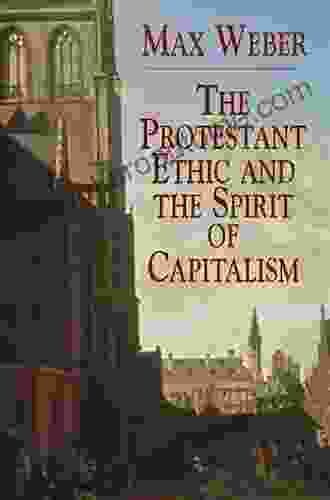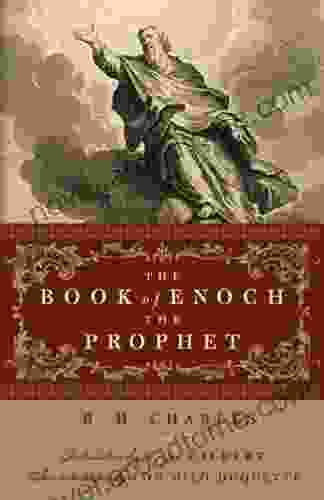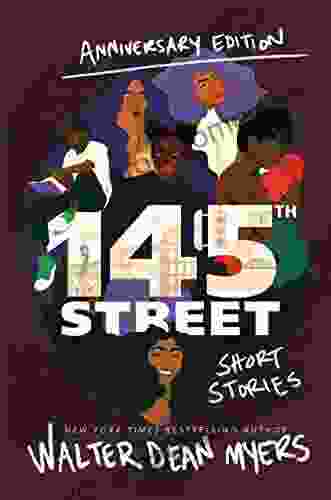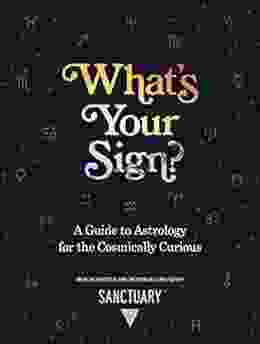Unveiling the Protestant Ethic and the Spirit of Capitalism: A Journey into Max Weber's Groundbreaking Work

In the annals of sociology and economic history, Max Weber's seminal work, "The Protestant Ethic and the Spirit of Capitalism," stands tall as a towering masterpiece. Published in 1905, this influential book delves into the profound relationship between religious beliefs and the development of modern capitalism. Weber's meticulous research and insightful analysis have shaped our understanding of the socioeconomic landscape we inhabit today.
At the heart of Weber's thesis lies the assertion that the rise of capitalism in Western Europe cannot be fully explained solely by economic factors. Instead, he argues that religious ideas, particularly those espoused by certain Protestant denominations, played a crucial role in fostering the values and attitudes necessary for the emergence of capitalism.
According to Weber, the Protestant ethic, which emphasized thrift, hard work, and the glorification of secular occupations, provided a fertile ground for the accumulation of capital and the growth of economic enterprise. He contends that this ethic, prevalent in societies heavily influenced by Calvinist and Puritan ideals, encouraged individuals to strive for worldly success as a sign of divine favor.
4.5 out of 5
| Language | : | English |
| File size | : | 1500 KB |
| Text-to-Speech | : | Enabled |
| Screen Reader | : | Supported |
| Enhanced typesetting | : | Enabled |
| Word Wise | : | Enabled |
| Print length | : | 224 pages |
Weber identified several key elements of the Calvinist ethic that contributed to the emergence of capitalism. These included:
- The Doctrine of Predestination: The belief that one's eternal fate is determined by God before birth fostered a sense of insecurity and a desire to find assurance of salvation.
- The Emphasis on Hard Work and Thrift: As work was seen as a means to demonstrate one's worthiness and avoid idleness, Protestants were driven to accumulate wealth through diligent labor and frugal living.
- The Glorification of Secular Callings: As opposed to monasticism, Protestantism encouraged the pursuit of secular occupations as a way to serve God and contribute to society.
- The Focus on "Rationality": Weber argued that Protestantism emphasized rational thought and a systematic approach to life, which translated into efficient modes of production and economic organization.
Weber traces the influence of the Protestant ethic on the development of capitalism through in-depth case studies of various regions in Europe and the United States. He examines how the beliefs and values associated with Protestantism shaped economic behavior, entrepreneurship, and the formation of commercial networks.
In particular, Weber highlights the role of ethical codes such as the "Protestant work ethic" and the "spirit of capitalism" in driving economic growth. These codes provided a set of guidelines that encouraged individuals to pursue economic activities with a sense of duty and moral purpose.
"The Protestant Ethic and the Spirit of Capitalism" has had a profound impact on the fields of sociology, economics, and religious studies. It has sparked a wide range of debates and inspired countless scholars to explore the connections between culture, religion, and economic development.
Weber's work challenged the prevailing economic theories of his time, which emphasized rational economic calculation and material self-interest as the primary drivers of economic progress. By focusing on the role of cultural and religious values, Weber argued that economic behavior is shaped by complex social and historical factors.
His ideas have influenced the development of economic sociology and institutional economics, which explore the institutional and cultural contexts that influence economic decisions.
Weber's analysis of the Protestant ethic also significantly contributed to the field of sociological theory. He argued that religious beliefs and values can have a profound effect on social structure and behavior, influencing not only economic outcomes but also political, legal, and cultural systems.
Furthermore, his emphasis on the "rationalization" of society and the role of bureaucracy in modern society laid the groundwork for later theories of social organization and modernity.
Despite its profound influence, "The Protestant Ethic and the Spirit of Capitalism" has not been without its critics. Some scholars argue that Weber overemphasizes the role of religion in the rise of capitalism, neglecting other contributing factors such as technological advancements and political conditions.
Moreover, Weber's focus on Western Europe and the United States has drawn criticism for neglecting the role of Protestantism and other religious traditions in the development of capitalism in other parts of the world.
Despite these criticisms, "The Protestant Ethic and the Spirit of Capitalism" remains an enduring classic in the field of social science. Its insights into the complex relationship between culture, religion, and economic development continue to resonate with scholars and policymakers alike.
In contemporary times, Weber's work has gained renewed significance in light of debates about the decline of the Protestant ethic and the rise of secularism in Western societies. His analysis provides a framework for understanding the impact of cultural and religious changes on economic behavior and social organization.
Max Weber's "The Protestant Ethic and the Spirit of Capitalism" is a foundational work that has profoundly influenced our understanding of the origins and development of capitalism. By tracing the connections between religious beliefs and economic behavior, Weber offers a nuanced and thought-provoking analysis of the social and cultural forces that shape human societies.
While his thesis has been subject to debate and revision over the years, Weber's seminal work remains an essential read for anyone seeking to unravel the complex interplay between religion, culture, and economic development. Its legacy continues to inspire generations of scholars and policymakers around the world.
4.5 out of 5
| Language | : | English |
| File size | : | 1500 KB |
| Text-to-Speech | : | Enabled |
| Screen Reader | : | Supported |
| Enhanced typesetting | : | Enabled |
| Word Wise | : | Enabled |
| Print length | : | 224 pages |
Do you want to contribute by writing guest posts on this blog?
Please contact us and send us a resume of previous articles that you have written.
 Book
Book Novel
Novel Page
Page Chapter
Chapter Text
Text Story
Story Genre
Genre Reader
Reader Library
Library Paperback
Paperback E-book
E-book Magazine
Magazine Newspaper
Newspaper Paragraph
Paragraph Sentence
Sentence Bookmark
Bookmark Shelf
Shelf Glossary
Glossary Bibliography
Bibliography Foreword
Foreword Preface
Preface Synopsis
Synopsis Annotation
Annotation Footnote
Footnote Manuscript
Manuscript Scroll
Scroll Codex
Codex Tome
Tome Bestseller
Bestseller Classics
Classics Library card
Library card Narrative
Narrative Biography
Biography Autobiography
Autobiography Memoir
Memoir Reference
Reference Encyclopedia
Encyclopedia Revathi Kesavamani
Revathi Kesavamani Robert Cervero
Robert Cervero Sammie Bae
Sammie Bae Reba Rhyne
Reba Rhyne Svetla Bankova
Svetla Bankova Sunny Mera
Sunny Mera Rebecca Fett
Rebecca Fett Robert Jobson
Robert Jobson Rachel Bloom
Rachel Bloom Robert Wolfe
Robert Wolfe Rick Schultz
Rick Schultz Ray Morrow
Ray Morrow Rosemary Conley
Rosemary Conley Richard Bejtlich
Richard Bejtlich Rachael Hale Mckenna
Rachael Hale Mckenna R S Dwivedi
R S Dwivedi Tracey Nguyen
Tracey Nguyen Roseanne Cheng
Roseanne Cheng William G Tapply
William G Tapply Robert Barnard
Robert Barnard
Light bulbAdvertise smarter! Our strategic ad space ensures maximum exposure. Reserve your spot today!

 Camden MitchellGoodnight Stories from the Quran French: A Journey of Faith and Wonder for...
Camden MitchellGoodnight Stories from the Quran French: A Journey of Faith and Wonder for...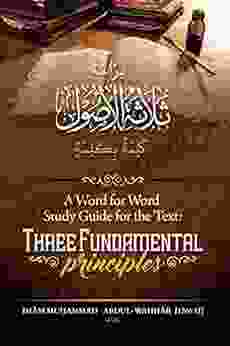
 Elias MitchellWord for Word Study Guide for the Text: The Ultimate Companion for Your Bible...
Elias MitchellWord for Word Study Guide for the Text: The Ultimate Companion for Your Bible... Clayton HayesFollow ·3.8k
Clayton HayesFollow ·3.8k Jamison CoxFollow ·18.6k
Jamison CoxFollow ·18.6k Todd TurnerFollow ·9.9k
Todd TurnerFollow ·9.9k Dashawn HayesFollow ·12.8k
Dashawn HayesFollow ·12.8k Gary CoxFollow ·15.4k
Gary CoxFollow ·15.4k Julian PowellFollow ·5.7k
Julian PowellFollow ·5.7k Dylan MitchellFollow ·8.5k
Dylan MitchellFollow ·8.5k Ryūnosuke AkutagawaFollow ·10.3k
Ryūnosuke AkutagawaFollow ·10.3k

 Eli Brooks
Eli BrooksOver 700 Organic Remedies Shortcuts And Tips For The...
: Embracing the Power of...
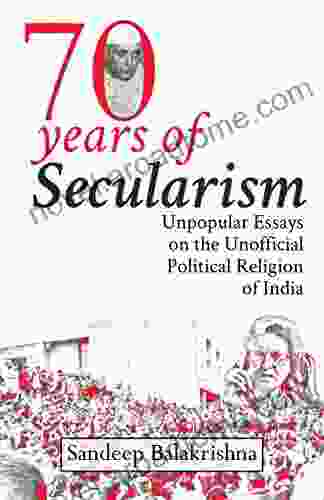
 Carter Hayes
Carter HayesUnveiling the Unofficial Political Religion of India: A...
Embark on an...

 Colin Richardson
Colin RichardsonOf Colors and Critters: A Journey Through the Animal...
In the tapestry of...
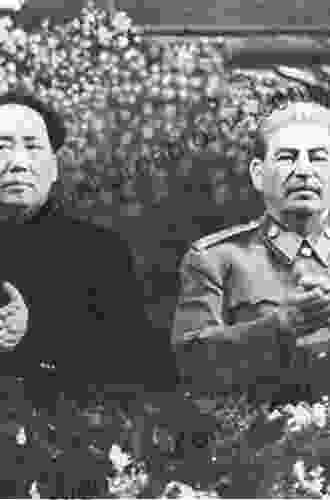
 Harry Hayes
Harry HayesUnveiling the Hidden Truths: Mao, Stalin, and the Korean...
Step into the enigmatic realm of the 20th...

 George Bernard Shaw
George Bernard ShawBand 1b Pink: A Journey Through the World of Reading
Band 1b Pink is a...
4.5 out of 5
| Language | : | English |
| File size | : | 1500 KB |
| Text-to-Speech | : | Enabled |
| Screen Reader | : | Supported |
| Enhanced typesetting | : | Enabled |
| Word Wise | : | Enabled |
| Print length | : | 224 pages |


